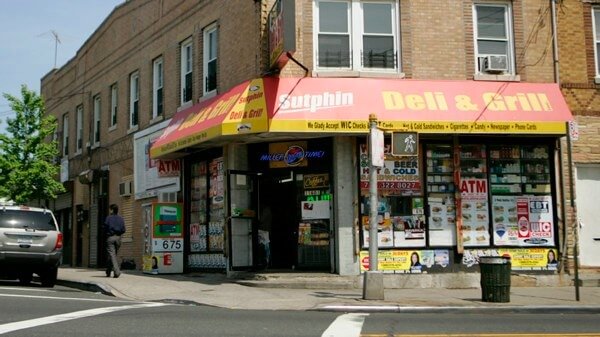As community grocery stores cater to families in need of fresh healthy produce and other supplies amid the coronavirus pandemic, a Queens lawmaker is seeking to provide assistance to those small businesses in the next coronavirus relief package.
Congresswoman Grace Meng is leading members of the New York Congressional Delegation in a letter sent to the House leaders April 30 requesting help for approximately 13,000 bodegas, ethnic grocery stores and small independent supermarkets in New York City.
“They serve a critical need for many communities in Queens and across New York City and cater to specific cultural food preferences for the neighborhoods they serve,” Meng said. “They, too, are feeling the financial impact of the COVID-19 crisis and deserve relief. We must not forget about them as congress prepares to work on its next stimulus package.”
Meng is requesting grants and refrigeration units, connections with farms, hazard pay for frontline employees, and wage exemptions from federal income taxes.
Meng’s letter also seeks assistance for members of the public who shop at these retailers, which would in turn help those businesses. These requests include the following:
- Grants directed toward the purchase of refrigeration units to store fresh produce and to offset the increase in utility costs as a result of refrigeration
- The facilitation of links between farms in rural areas and small grocers in order to create new points of sale for local meat, produce and dairy. This would not only address food insecurity in urban districts, but would also support farmers who are desperately in need of relief as the restaurants that they would normally sell to have temporarily or permanently closed.
- Authorization for a national Healthy Bodega Campaign, based on New York City’s successful program, which aims to boost the availability of and demand for healthy foods in neighborhoods with the highest rates of poverty and chronic diseases;
- Increased funding for Supplemental Nutrition Assistance Program (SNAP) to address the food needs of more than 40 million food insecure Americans;
- Support hazard pay for frontline grocery store employees;
- Exemption of wages earned by workers in the grocery industry and their suppliers from 2020 federal income tax;
- Ensure that the stimulus checks provided to Americans with Social Security numbers are retroactively provided to people with Individual Taxpayer Identification Numbers (ITIN)
- Unemployment Insurance for those who qualify for it regardless of citizenship status




































